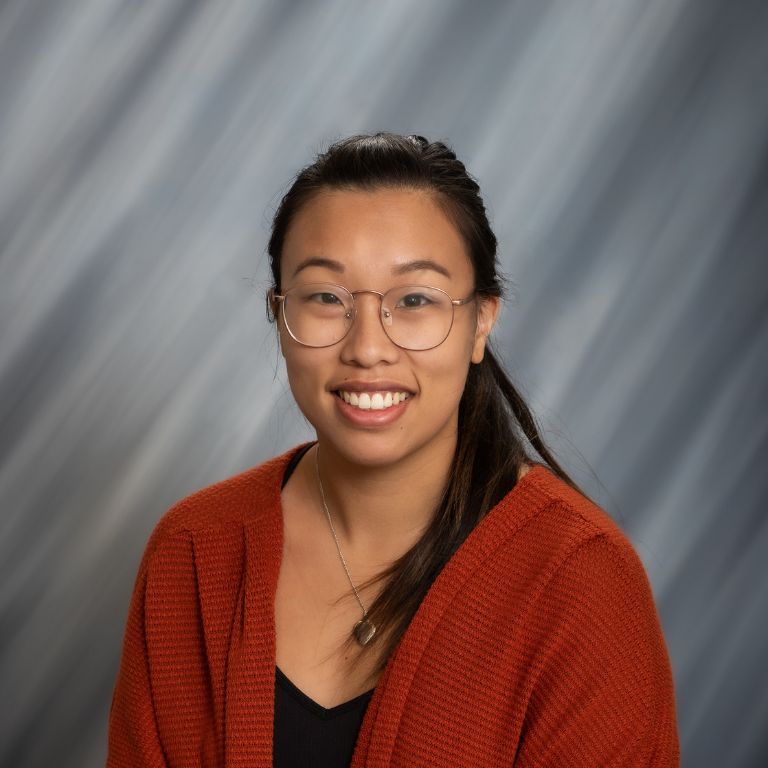Anne Raecker

Anne Raecker
What is your academic and professional background?
Prior to working in higher education, I worked as a copywriter for an Internet marketing consultancy group abroad in SE Asia. I moved back to Iowa and accepted a position in the K-12 sector, and that’s what led me to working in education. I completed UNI’s Postsecondary Education: Student Affairs program in May 2021 and am currently working at Nevada State College as a success coach in their School of Nursing.
What research did you work on at UNI?
For the PSE:SA program, I completed a thesis, The Internalization of the Model Minority Myth & Its Effect on Asian American Students’ Academic Stress. For my thesis I wanted to see if students who were of East Asian descent experienced higher amounts of academic stress due to the stereotypes, specifically the Model Minority Myth, pertaining to Asian students.
I really wanted to do a deep dive into the history of anti-Asian discrimination and stereotypes surround Asian Americans. There is so much history in the U.S. that isn’t discussed, and all of it has shaped society’s view on East Asian Americans. I felt this was important to bring this to light in my literature review for my readers but also for myself as the researcher. For my study, I used two tools that had been designed specifically for participants who were of Asian descent – one was to measure academic stress and the other one focused on how much an individual has internalized the Model Minority Myth. For my interviews, I modeled the questions after a case study that was completed by Mia Tuan (1999) that highlighted the Asian experience in the U.S. I also created questions that pulled from the major themes and ideas I came across in my literature review.
What prompted your involvement in this project?
For the PSE: SA program, we took a social justice class, and within this class I was really able to reflect on my own experiences as an Asian American and Korean adoptee in the Midwest. This is what really sparked my interest in the topic and working with UNI’s Asian American students.
Can you describe your experience of working with other students and faculty to perform research?
The support I received from my committee, professionals at UNI, and the participating students was really the backbone of this project. I definitely couldn’t have completed it without their support or participation. I would have to say that asking students to explore their own experiences with anti-Asian discrimination and to openly discuss it was the most challenging part – it’s a heavy and complex subject, and so I worried about asking strangers to talk about it for a research project. However, seeing the final draft and seeing it all come together was so rewarding. I definitely wouldn’t have been able to fully capture what I hoped to with this project if I hadn’t included the interview section – I can’t thank the students enough for participating.
Going into the program, I knew I wanted to do diversity, equity, and inclusion work, and this project solidified that interest for me.
What communities will this project impact?
I am hoping it will raise awareness amongst faculty, staff, and students about Asian American students’ college experience and mental health.
How did your work at UNI equip you for this project and for your future goals?
It’s definitely a topic that I hope to continue working on in the future – I think there’s still a lot that can be expanded and researched more in depth.
Asian American is such a broad term, and for this study, I focused on East Asian students; however, I think there’s still a lot of research that needs to be done on the other groups within the Asian American community (i.e. Desi, Southeast Asians, adoptees, etc.), and I think in the future it would be great to be part of that research.
